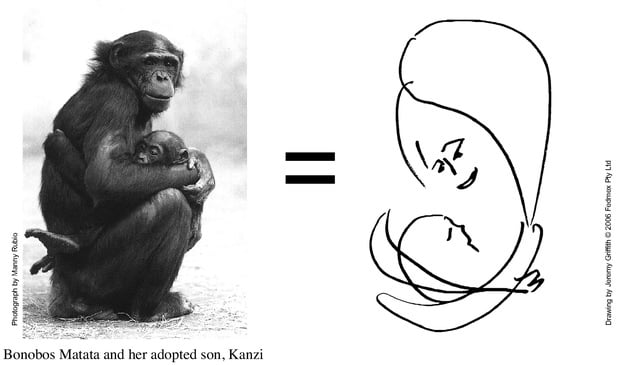Chapter 5
The Origin of Humans’
Unconditionally Selfless, Altruistic,
Moral Instinctive Self or Soul
Chapter 5:1 Summary
375When the philosopher Immanuel Kant had the following words inscribed on his tombstone, that ‘there are two things which fill me with awe: the starry heavens above us, and the moral law within us’ (Critique of Practical Reason, 1788), and Charles Darwin wrote that ‘The moral sense perhaps affords the best and highest distinction between man and the lower animals’ (The Descent of Man, 1871, ch.4), neither man was overstating the magnificence of our altruistic moral sense. Our moral instinctive self or soul, the ‘voice’ or expression of which is our conscience, is a truly amazing phenomenon, for it provided the cooperative, unconditionally selfless love that created humanity.
376But as amazing as our moral soul most certainly is, its very existence is also a cause for wonder because it raises the baffling question of how on earth did humans acquire such an ‘awe’-inspiring, ‘distinct’-from-other-animals moral sense? For biologists especially, the great outstanding mystery has been how could the cold, selfish, competitive, gene-based natural selection process have possibly created such warm, unconditionally selfless, cooperative, loving instincts in us humans?
377While it may seem astonishing to suggest that what is now going to be presented is that most elusive of answers to this most intriguing of mysteries, that is, in fact, the case—this chapter contains nothing less than the truth about what it really means to be human.



